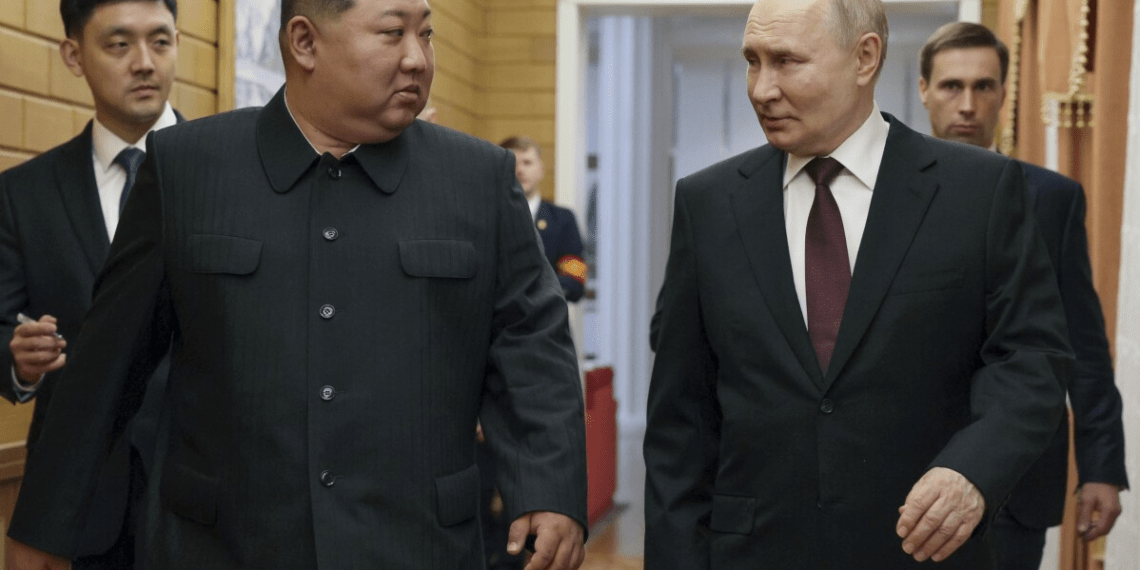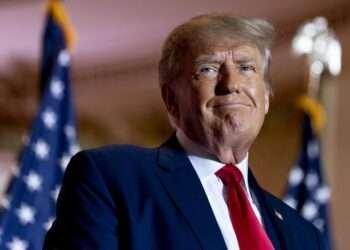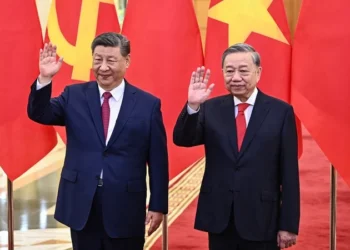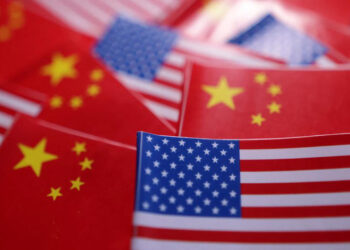Pyongyang has hailed its relations with Moscow as a “strong, strategic fortress” as Russian President Vladimir Putin arrived on a state visit, his first trip to North Korea in 24 years.
North Korean state media said the relationship was “an engine for accelerating the building of a new multi-polar world” and described the meeting between the leaders as a historic event that demonstrates the “invincibility and durability” of the two nations’ friendship and unity.
North Korean state media’s portrayal of the visit underscores a pragmatic alliance born out of shared interests and mutual adversaries.
Russian President Vladimir Putin landed in the North Korean capital in the early hours of Wednesday morning.
North Korean leader, Kim Jong-un greeted Putin at the airport, and rode with him in a motorcade to the Kumsusan State Guest House.
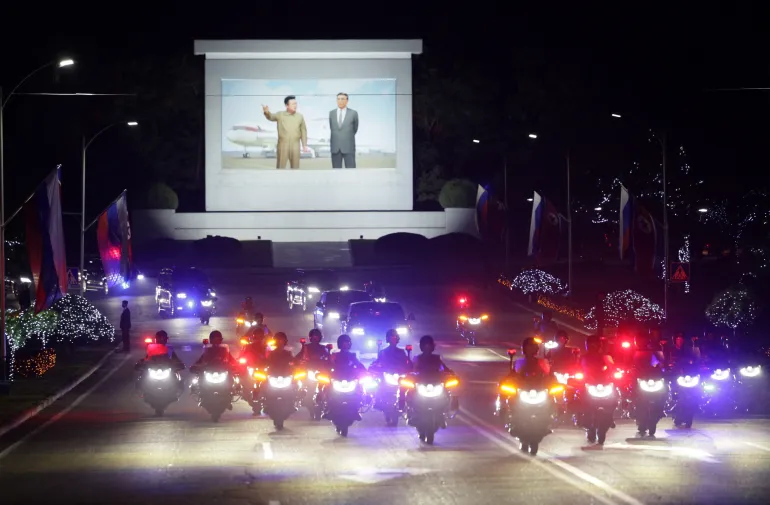
An official welcoming ceremony took place in Kim Il Sung Square.
Soon after, Putin and North Korean leader Kim Jong Un began high-level talks.
As talks got under way, Putin was reported as saying that Russia was fighting against the decades-long “hegemonic and imperialist policy” of the United States and its allies.
He also told Kim that he appreciated North Korean support for Russian policy including in Ukraine.
Moreover, Putin’s visit underscores the evolving dynamics of global multipolarity, As a world transitioning away from a unipolar system dominated by the United States, alliances and partnerships based on strategic interests rather than ideological affinity
Wang Junsheng, a research fellow of East Asian studies at the Chinese Academy of Social Sciences in Beijing, told a print media that the deepening of Russian-North Korean ties was unsurprising given the “targeting” of Pyongyang by the “US-led military alliances in north-east Asia”, NATO’s expansion in Europe and the Ukraine conflict.
Cui Heng, a research fellow from the Center for Russian Studies of East China Normal University, also told the print media that it was a “rational choice” for Moscow and Pyongyang to cooperate.
“Any significant cooperation between Russia and North Korea could make the US concerned or even frightened. This means Washington’s approach in past decades has failed to weaken and isolate these two countries, as they are now standing closer with each other and becoming more powerful than before through cooperation.”
Cui Heng
Leif-Eric Easley, a Professor at Ewha University in Seoul, told a news agency that Putin’s visit is a way for him to thank North Korea “for acting as an ‘arsenal for autocracy’ in support of his illegal invasion of Ukraine.”
He stated that the fact that Russia’s leader has come to the North is also “politically important because it allows Pyongyang’s propaganda to portray Kim as a world leader.”
He said, “Moscow and Pyongyang will likely continue to deny violations of international law but have notably shifted from hiding their illicit activities to flaunting their cooperation.”
Putin is being accompanied by several top officials, including Defence Minister Andrei Belousov, Foreign Minister Sergey Lavrov and Deputy Prime Minister Denis Mantrurov.
According to Putin’s Foreign Policy Adviser, Yuri Ushakov, Wednesday’s agenda includes further one-on-one discussions between the two leaders, as well as a gala concert, state reception, honour guards, document signings and a statement to the media.
A Show Of Russia’s Willingness To Cooperate
Ushakov was quoted as saying that the trip shows that Russia is open to cooperation with all countries “despite all attempts of the collective west to put pressure on us.”
Ushakov “drew special attention to the fact that Korean friends show an understanding of the real causes and essence of the Ukrainian crisis.”
According to the news agency, the negotiations will pay “significant attention” to the international agenda.
It added that it is important that the approaches of the two countries to current foreign policy problems are very close or completely coincide.
Ushakov did not rule out that one of the joint statements to be signed could be a new comprehensive strategic partnership treaty, replacing previous agreements dating from 1961, 2000 and 2001, and which would broaden cooperation.
Asked whether the document would include military-technical cooperation and military assistance, Ushakov reportedly answered, “It will outline the prospects for further cooperation and will be signed, naturally, taking into account what has happened between the countries in recent years in the field of international politics, both in the economic sphere and in the sphere of relations along all lines, including taking into account security issues.”
READ ALSO: Ghana’s Economy Shows Resilience with 4.7% Growth in Q1 2024

